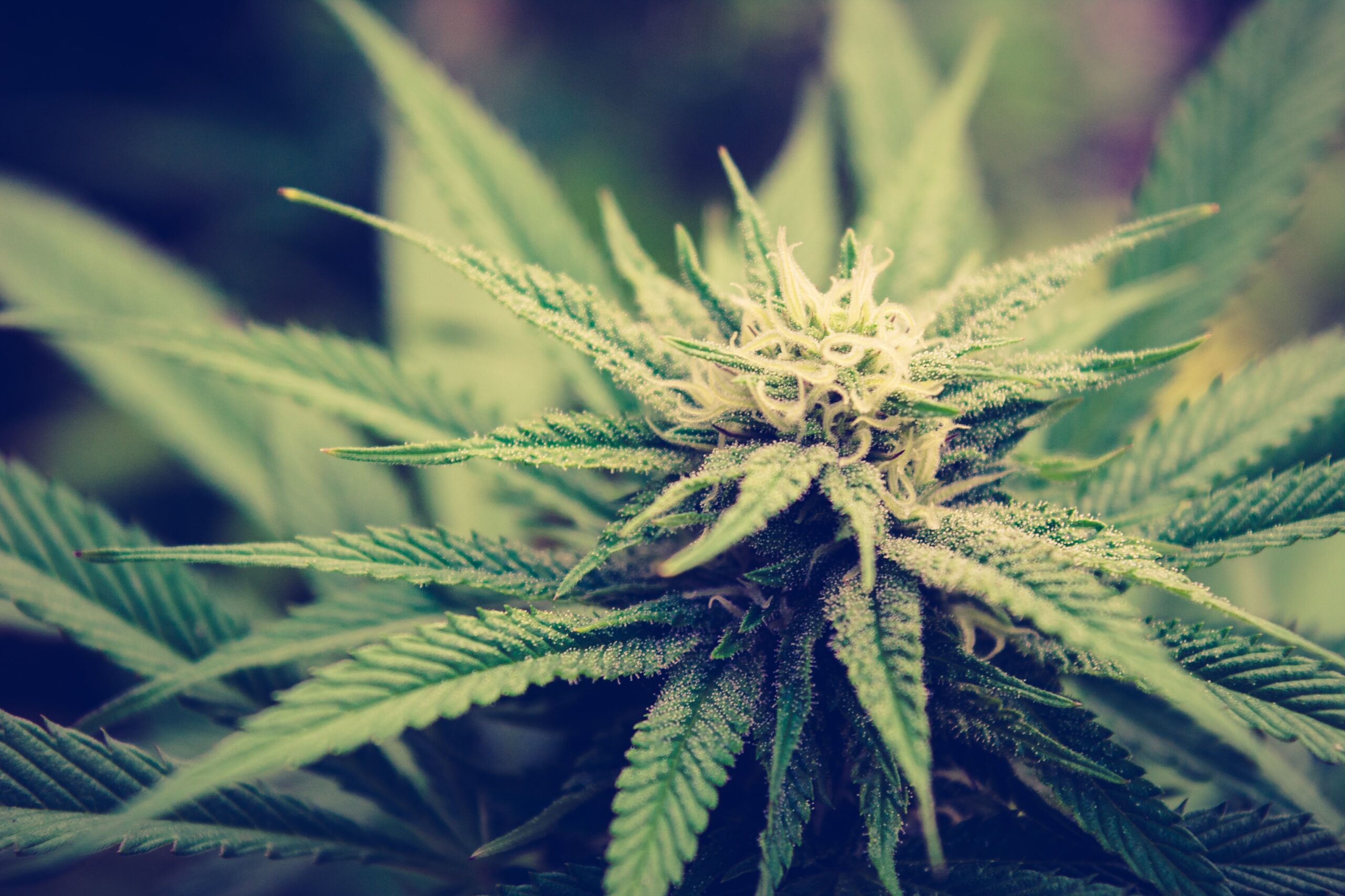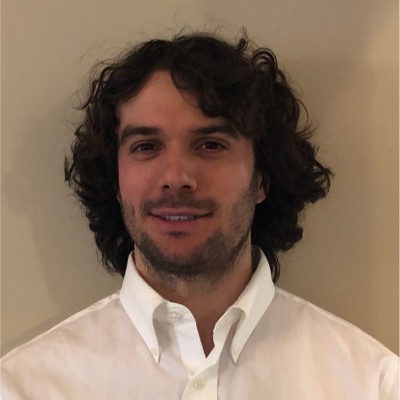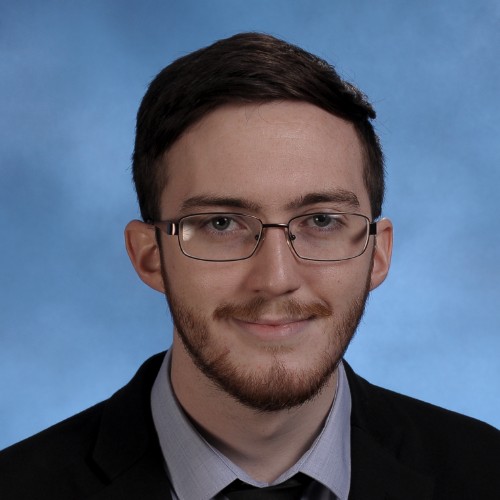Hands-On Experience with Cannabis Law
Students in BU Law’s Cannabis Law Externship learn the complexities of the new and growing field.

Photo by Esteban Lopez via Unsplash
Hands-On Experience with Cannabis Law
Students in BU Law’s Cannabis Law Externship learn the complexities of the new and growing field.
Cannabis law touches just about every area of law imaginable, from constitutional and criminal law to regulatory compliance, taxation, and environmental law. While that makes it fascinating for law students and practitioners, it also makes it challenging for people interested in entering the industry.
As more states legalize marijuana for medical and recreational use, demand is growing for attorneys who understand how to frame these new laws and how to help farmers and entrepreneurs negotiate them. The need for lawyers versed in these many rules and regulations—all of which vary by state—led to the creation of the Cannabis Law Externship at BU Law.
“Students come to this externship with a broad background and are able to use all of their different skill sets and all of their knowledge of these different areas of practice—it is a wonderful opportunity,” says Director of Externship Programs Kate Devlin Joyce, who helped develop the program with Professor Jay Wexler and Associate Dean for Experiential Education Karen Pita Loor.
The idea grew out of Professor Wexler’s popular seminar, the Law & Regulation of Cannabis, which examines criminal laws regarding cannabis and the banking, tax, and environmental laws that impact the industry. “We wanted to get students involved with helping marijuana clients, particularly equity-based clients, who could really use the legal advice to negotiate the regulatory process,” he says.
While the COVID-19 pandemic prevented Josh Tabak (’21) from completing his externship with Portland, Oregon-based firm Margolis Legal in person, he could still gain experience and connections with the city’s thriving cannabis industry remotely.
“It’s a new field and it’s constantly changing,” he says, “so getting the hands-on experience in my last semester was really important to me.”

Among Tabak’s projects was a survey of state programs that support participation in the cannabis industry by people disproportionately affected by the War on Drugs. “We wanted to see the impact of those programs,” he says. “I also looked at private organizations and nonprofits outside of the cannabis space that encourage some form of social equity, like Black Girls Code and programs encouraging urban farming, to see what might be transferable.”
While in many cases it’s too early to tell, the early data suggests that social equity programs are falling short of their stated goals. “One of the problems is that marijuana is usually legalized by ballot initiatives, not through state legislatures, so then lawmakers are rushed to put regulations in place,” Tabak says. “It takes time to set up social equity programs, but there’s pressure to get licenses out immediately. For states that have a hard cap on licenses, the process is super competitive, and licenses tend to go to applicants with connections and money already in place.”
In the absence of federal legalization, banks have been reluctant to work with marijuana businesses, making financing a major hurdle (while a bill aimed at fixing that conflict is making its way through Congress, it’s unclear whether President Biden would ultimately support it). With many states using new marijuana markets as revenue generating opportunities, the cost to apply for a license can be very high, with some states requiring proof of $150,000 or more in capital just to apply, plus annual fees of up to $50,000. The amount and complexity of the paperwork and limits on the total number of licenses allowed by a state also serve to block participation in the industry.
One way to promote equity in the industry would be to make the process of applying for a license less burdensome. “When you look at the statistics [around social equity programs], they aren’t really achieving what they were setting out to do,” Tabak says. “So expanding those programs and incorporating more outreach would help, but so would just lowering the barriers to getting licenses in general.”

Quinn Heath (’20), who took Wexler’s seminar in the fall and participated in the externship this spring, traces his interest in drug policy to an undergraduate internship with the Defender Association of Philadelphia’s Adult Social Services department, where he helped nonviolent drug offenders prepare petitions requesting early release from prison. As an extern with the Mensing Law Group, a Massachusetts-based firm that specializes in cannabis law, he’s researched how clients can address a Cannabis Control Commission requirement that dispensaries create plans for positively impacting communities harmed by federal cannabis policies.
After state regulations changed to allow for delivery, especially important for businesses during the pandemic, Quinn contributed updates to the firm’s license application materials. “As an intern without a lot of cannabis law experience, it was a great way for me to dig in and start learning the regulations,” he says.
With so many facets of the business being so strictly controlled—for example, bright colors and cartoon mascots are prohibited in advertising because some stakeholders are concerned about the products appealing to children—there are plenty of details to resolve.
“One of the things I think is interesting about the cannabis field is that there are all of these different areas of debate and compromise,” Heath says. “There are a lot of naysayers who are against cannabis because of the stigma in our country, but there are also a lot of people who are open to the tax revenues that come with these businesses. We can work out regulations that make everyone happy and help this industry thrive.”
